Ethiopia's Sidama People Vote On Regional State
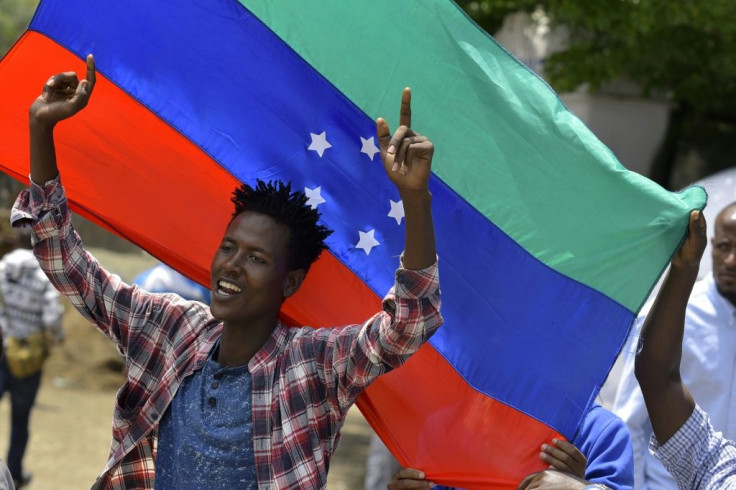
People in Ethiopia's ethnic Sidama region voted on Wednesday in a referendum that could carve out a new federal state in a nation already struggling with community tensions.
With heavy security on the streets, the mood on Wednesday in the regional capital Hawassa was calm, and as polls closed at dusk, it appeared to have passed off peacefully.
But the Sidama push for autonomy already triggered days of unrest in July that left dozens dead and prompted the government to place Ethiopia's southern region under the control of soldiers and federal police.
"The Sidama referendum is an expression of the democratisation path Ethiopia has set out on," Prime Minister Abiy Ahmed said in a statement.
He urged all to "engage peacefully throughout the process".
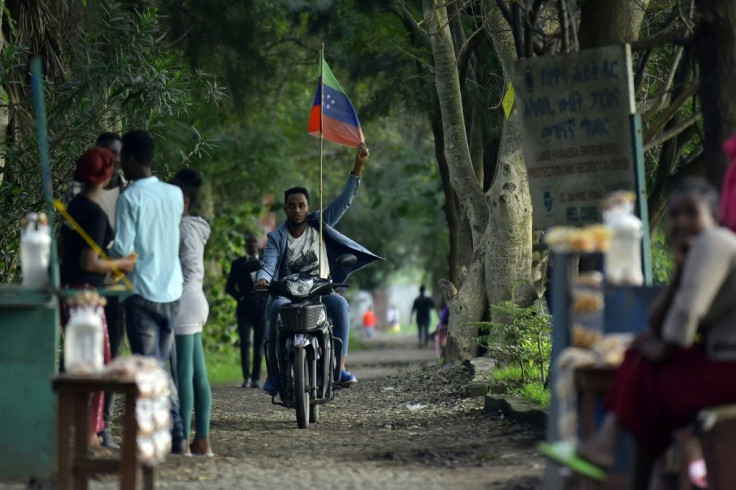
Long queues formed at polling stations before dawn, with some 2.3 million people registered to vote.
"This is a special day for me," said Fitsum Anbese, 32, a laboratory technician, who started waiting in line two hours before daybreak. "I will be recognised for my identity, so I'm happy."
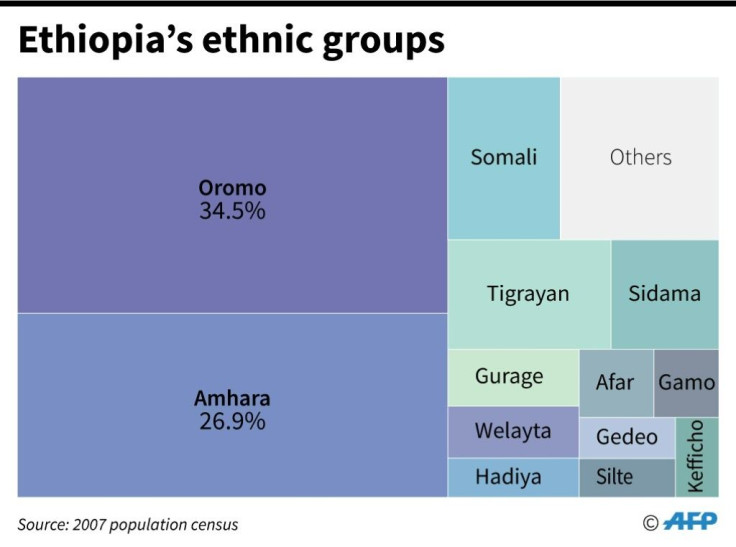
"The excitement of waiting for this day, which will bring liberty and peace to my people, kept me awake," said 27-year old Fantahun Hatiso, after casting his ballot.
Counting was due to begin on Wednesday evening, although in rural areas without power, the process may wait until daylight on Thursday.
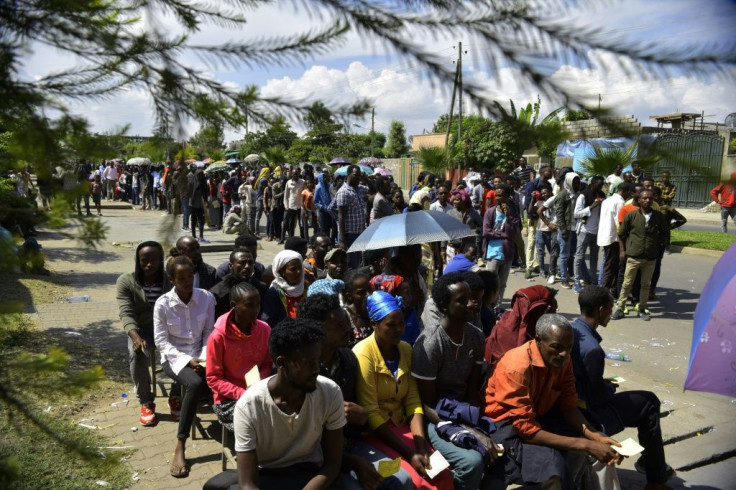
With apparently overwhelming support among Sidamas to form their own state, people said they were keen to see a peaceful vote.
Many fear the harder test will come once final results are announced.
The referendum on autonomy springs from a federal system designed to provide widespread ethnic self-rule in a hugely diverse country, Africa's second most populous, with more than 100 million people.
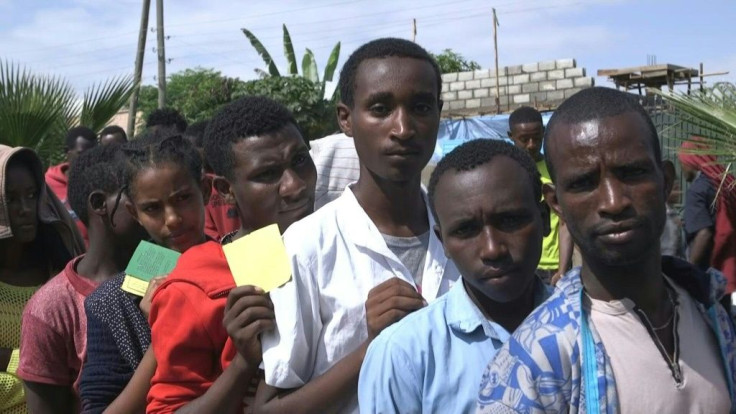
At present, Ethiopia is partitioned into nine semi-autonomous regional states -- with the Sidama voting for a potential tenth.
The constitution requires the government to organise a referendum for any ethnic group that wants to form a new entity.
The Sidama -- who number more than three million -- have agitated for years to leave the diverse Southern Nations, Nationalities, and Peoples' Region.
The dream gained fresh momentum after Abiy Ahmed, winner of this year's Nobel Peace Prize, took office last year.
At least 10 other groups in the south of the country have already launched plans for self-determination similar to that of the Sidama.
Analysts fear it could unleash further ethnic violence.
Abiy has spent recent months trying to put a damper on other statehood bids, pleading for patience in meetings with leaders of ethnic groups trying to follow the Sidama example.
If, as many expect, the people in Sidama choose to form a new state, the implementation of the referendum is expected to raise a host of thorny issues.
"It won't be smooth sailing," legal expert Kiya Tsegaye said.
"If and when Sidama becomes a regional state, it will have its own budget and special police forces, meaning there is a risk of confrontation when it comes to disputed border areas."
One major sticking point is the status of Hawassa, which the Sidama are eyeing as the capital of their would-be state.
Preliminary results are expected potentially as early as Thursday.
© Copyright AFP 2024. All rights reserved.





















